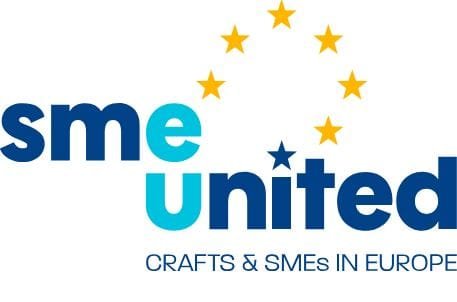“While SMEunited recognises the importance of enhancing the quality of traineeships, we consider the proposed Directive as counterproductive, particularly for SMEs. By adding a number of requirements for companies, which often lack the administrative capacity, this initiative goes against the simplification that is much needed for them”, commented Véronique Willems, SMEunited Secretary General.

The proposal to introduce an EU definition of traineeship as an entry-level form of work is too far-reaching and fails to clearly distinguish between the legal status of trainees and employees. This ambiguity could expose SMEs to legal uncertainties and unintended liabilities, further discouraging participation in traineeship programmes.
The proposed amendments would also impose a series of new obligations and requirements on employers. Companies would be required to provide a written agreement containing elements which risk blurring the line between a trainee and an employee, especially when referring, for example, to “pay” rather than “compensation”.
Traineeship providers would be expected to undergo training for mentorship and supervision of trainees, which entails extra direct and indirect costs for SMEs. In addition, trainees would have guaranteed access to social protection, which represents yet another financial burden for SMEs. Finally, while the call to offer reasonable accommodation for trainees with disabilities is a shared objective, this too entails additional costs for SMEs.
SMEunited welcomes some aspects of the proposed compromise amendments, in particular the request to provide guidance and support to SMEs, and the exclusion of apprenticeships and traineeships that are part of the curriculum of formal higher education or vocational education and training and that are undertaken solely for the purpose of obtaining academic or professional credits. However, SMEunited regrets that traineeships in the frame of active labour market policies remain within the scope of the directive.








